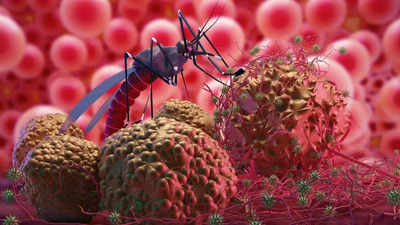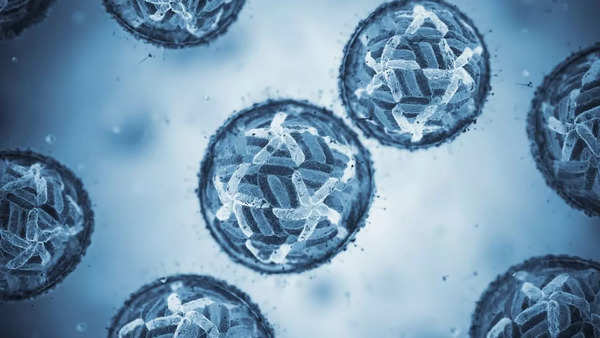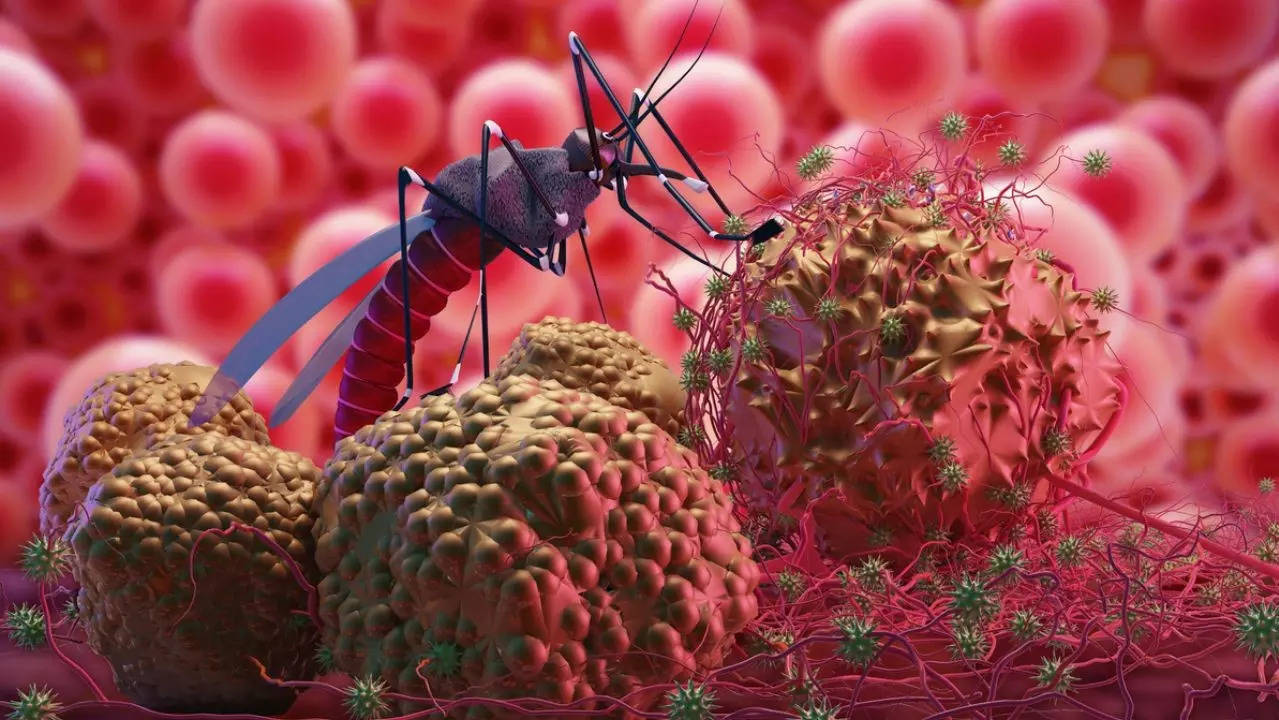A novel and innovative technique has been found by scientists that could curb the spread of diseases such as malaria and dengue. Australian scientists said that
genetically engineered mosquitoes
with ‘toxic semen’ could be an innovative solution for pest control after trying the new method. The study was published in peer-reviewed journal Nature Communications.
The “toxic male technique” involves breeding mosquitoes with venomous proteins in their semen, which kill females after mating.
It is to be noted that only female mosquitoes bite and drink blood, thereby spreading diseases such as malaria and dengue fever. Male mosquitoes primarily eat plant juices and nectar to get the sugar they need for energy and survival as their proboscis isn’t strong enough to pierce skin.
Female mosquitoes bite hosts like humans to obtain blood as they need protein present in it to develop their eggs. Doing this can transmit deadly diseases.
The lifespan of a male mosquito is much shorter than females – just 6 or 7 days. On the other hand, females can live up to 5 months or longer.
Scientist Sam Beach from Australia’s Macquarie University said the technique “could work as quickly as pesticides without also harming beneficial species”.
“This innovative solution could transform how we manage pests, offering hope for healthier communities and a more sustainable future.”
The first leg of the research experimented on fruit flies. Female fried that bred with ‘toxic’ males had a significantly reduced lifespan.
The second leg of the research would be done on mosquitoes, said Researcher Maciej Maselko.
“We still need to implement it in mosquitoes and conduct rigorous safety testing to ensure there are no risks to humans or other non-target species,” he said.
The mosquitoes would be genetically modified so that they could express the toxic semen once they were released into the wild, the researchers said.
This can be achieved using “conditional expression” techniques, which activate specific genes with chemical or biological triggers. This approach allows venomous males to mate in labs, producing enough offspring to scale up the method.
Genetic engineering has been used for long to control populations of
disease-spreading mosquitoes
. However, computer models showed techniques actively killing the biting females may be far more effective.
I’m Manas Ranjan Sahoo: Founder of “Webtirety Software”. I’m a Full-time Software Professional and an aspiring entrepreneur, dedicated to growing this platform as large as possible. I love to Write Blogs on Software, Mobile applications, Web Technology, eCommerce, SEO, and about My experience with Life.




